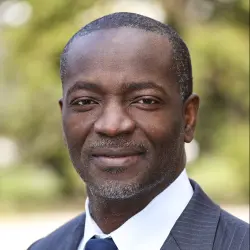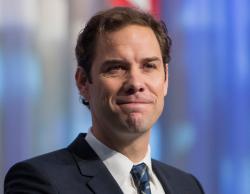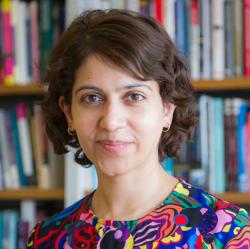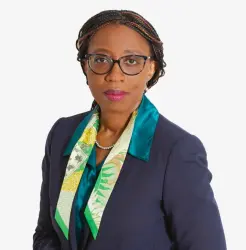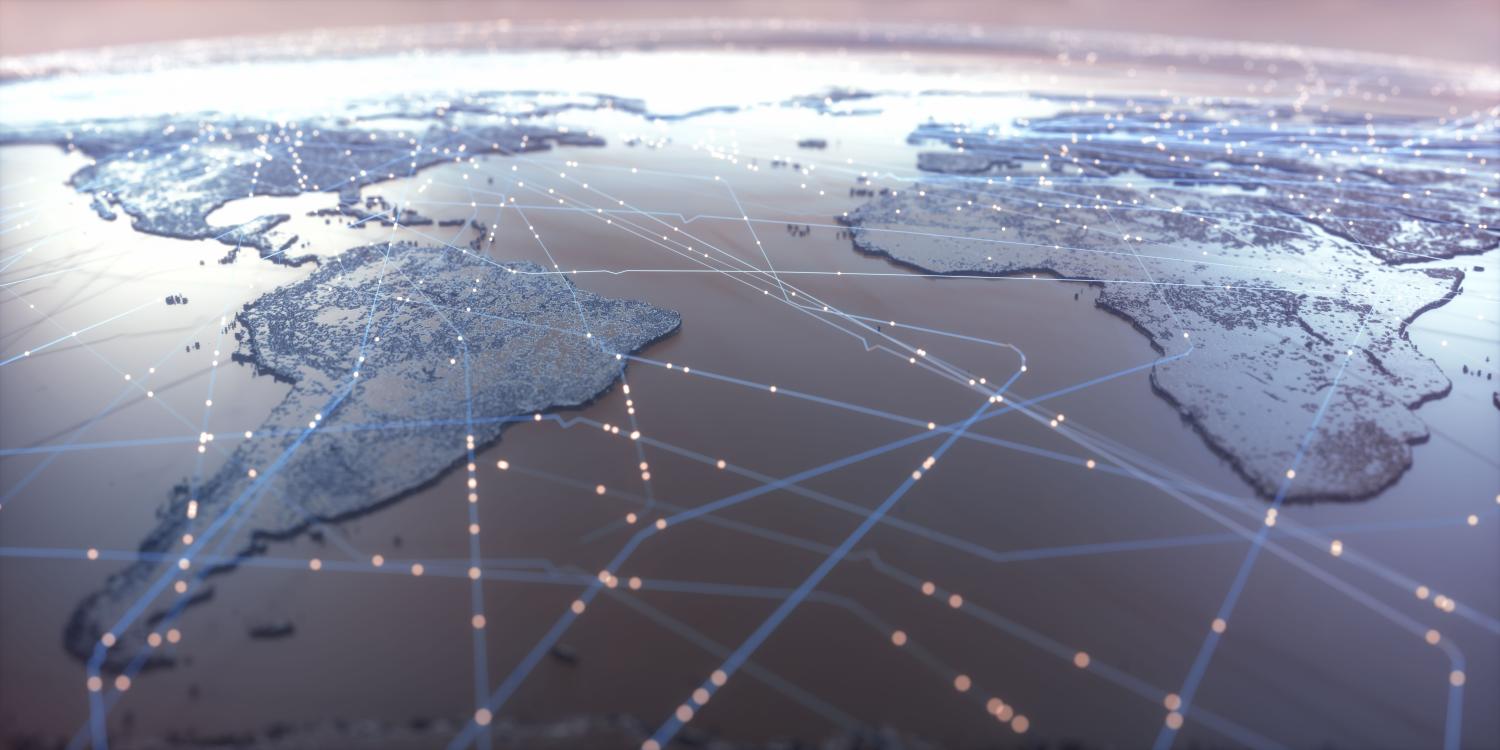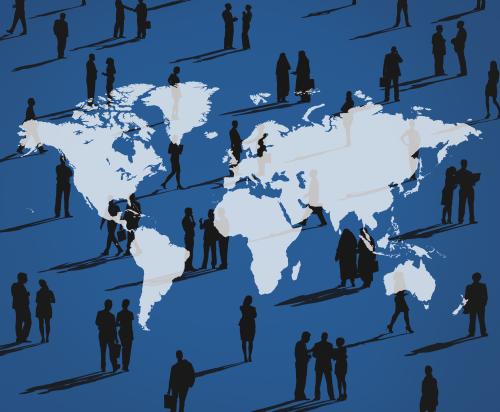Edited by Brahima S. Coulibaly and Kemal Derviş, this collection of essays builds upon a 2021 global “experts” survey on multilateralism. While not an exhaustive list, the topics addressed here comprise some of the most pressing issues for international cooperation in the years ahead, as identified by both the survey respondents and the essay authors. The editors’ overview follows here.
Overview
By Brahima S. Coulibaly and Kemal Derviş
Introduction
There is no general agreement on what shape the “world order” will take in the years and decades ahead. What is certain, however, is that humanity will have to deal with huge and in many ways unprecedented transformations and challenges, such as the digitalization of economies and societies, climate change and mitigation, pandemic preparedness, extreme income and wealth concentration,1 and new types of “weapons” associated with dual-use technologies.
There are great opportunities for improved well-being associated with many of these challenges. Digitalization and artificial intelligence (AI) could result in tremendous increases in productivity, and the green transformation necessitated by climate change could constitute the greatest economic, social, and business opportunity since the industrial revolution.2 However, failure to adequately address some of these challenges, notably climate change, could lead to immense economic and social damage; it could add to the existing pressures caused by mass migration resulting from the imbalance between geographic concentrations of populations and economic opportunities. Furthermore, digitalization could exacerbate inequalities and lead to mass surveillance of societies led by autocrats. In turn, some of the “weapons” that may be developed with new technologies could lead to a scale of destruction of the planet tantamount to nuclear weapons. The U.N. Secretary-General António Guterres starts his new agenda-setting report by stating “humanity faces a stark and urgent choice: a breakdown or a breakthrough.”3 Multilateral cooperation is therefore needed more than ever to both fully realize the potential benefits of these shifting trends and minimize the dangers that accompany them.
The Global Economy and Development Program at the Brookings Institution conducted a global “experts” survey on multilateralism in the Spring of 2021 as part of a project on the future of global governance.4 The topics addressed in this compilation of essays do not attempt to cover all challenges faced by multilateralism, but they reflect issues considered most important by the survey respondents, as well as the authors of these essays. Together, they address some of the most pressing questions and needs for international cooperation in the years ahead.
Read the rest of the overview in the full report
CONTENTS
Overview
Brahima S. Coulibaly and Kemal Derviş
1. Multilateralism and dynamic divergence in the global economy
Eswar Prasad and Vera Songwe
2. Global Governance: Balancing power and equitable representation
Kemal Derviş and José Antonio Ocampo
3. Regional cooperation: A necessary complement to global multilateralism
Brahima S. Coulibaly and Elizabeth Sidiropoulos
4. Multilateralism and climate change: Providing a global public good and following an ethical imperative
Amar Bhattacharya and Kemal Derviş
5. From vertical funds to purpose-driven funds: A new approach to multilateralism
Homi Kharas, John W. McArthur, and Dennis Snower
6. Liberal democratic values and the future of multilateral cooperation
Kemal Derviş and Nathalie Tocci
7. Multilateralism, liberal values, and the Global South
Amrita Narlikar
-
Footnotes
- Between 1995 and 2021 the top 1 percent of the global population captured 38 percent of the increase in wealth. See “World Inequality Report 2022.” https://wir2022.wid.world/www-site/uploads/2021/12/Summary_WorldInequalityReport2022_English.pdf.
- Nicholas Stern. “G7 leadership for sustainable, resilient, and inclusive economic recovery and growth.” https://www.lse.ac.uk/granthaminstitute/wp-content/uploads/2021/06/G7_leadership_for_sustainable_resilient_and_inclusive_economic_recovery_and_growth_full_report.pdf.
- United Nations. “Summary of Our Common Agenda Report.” https://www.un.org/en/content/common-agenda-report/summary.shtml.
- Dervis and Strauss, 2021. Responses contained in this survey.
